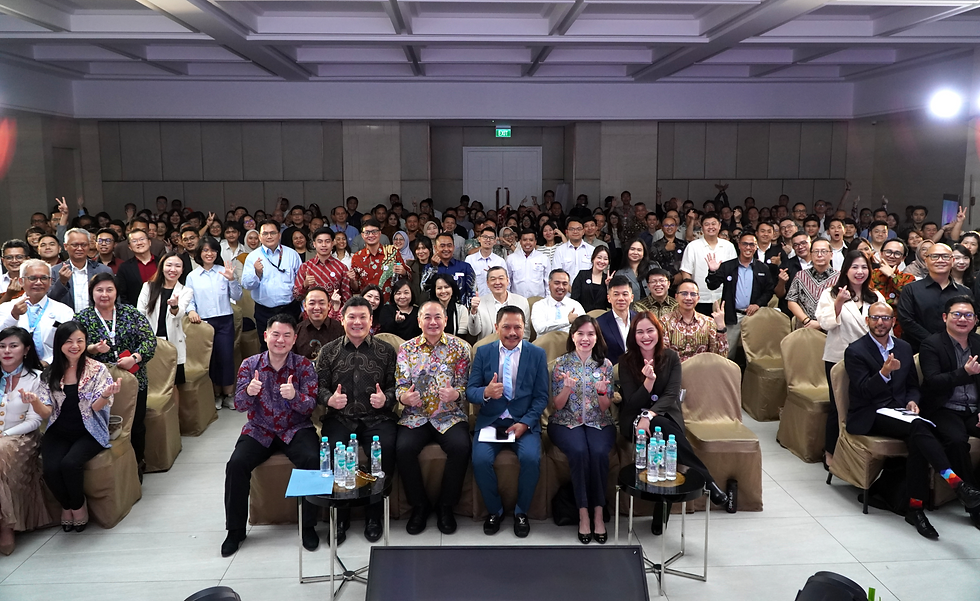Beyond Basics: Why Digital Literacy Is a Must-Have Skill for Every Employee
- TechConnect

- Nov 21, 2023
- 2 min read

Picture source: The Tech Edvocate
Almost every industry and every workplace has been affected by digital transformation in some way. Digital literacy is the ability to understand and use digital technologies in your work. It has become a must-have skill in today's economy, with employers increasingly looking for digitally savvy candidates. Digital literacy in the workplace plays a critical role in a company's ability to digitally transform and has a significant impact on the employee experience. Without this, employees may have difficulty performing core tasks and businesses may not realize the full value of their technology investments. Digital literacy refers to an employee's ability to conveniently and efficiently use the technology needed to do their job.
Here are some points of the importance of digital literacy in the workplace and how it contributes to achieving professional goals and maintaining a competitive edge.
1. Improved Communication and Collaboration
Digital literacy allows employees to communicate and collaborate more effectively thanks to a variety of digital tools such as email, instant messaging, and video conferencing. These tools not only streamline communication, but also foster a more inclusive work environment by connecting remote teams and individuals with different communication preferences.
2. Enhanced Productivity and Efficiency
By mastering digital tools and software, employees can complete tasks more efficiently and spend less time on manual processes. This increased productivity reduces costs for businesses, frees up employees to focus on higher-value tasks, and fosters innovation and growth.
3. Access to Information and Resources
Digital literacy enables employees to quickly access and analyze information, giving them more informed decision-making flexibility. This ability to effectively research and collect data is critical in today's fast-paced, data-driven business environment and to stay abreast of industry trends and developments to stay ahead of your competitors.
4. Greater Adaptability and Resilience
As technology continues to evolve, digital literacy helps employees easily adapt to new tools, systems, and processes. This adaptability is critical in an ever-changing workplace where employees need to learn and use new technology to stay competitive.
5. Professional Development and Career Growth
Digital competency is an increasingly sought-after skill across a variety of industries and an essential part of professional development. Digitally literate employees have a higher chance of career advancement because they have the skills needed to perform in a digital workplace and contribute to the success of their company.
6. Digital productivity
Through targeted digital literacy efforts, workplaces will be able to critically analyze the functionality of these digital tools and determine whether these tools are the latest versions. Companies can assess whether existing tools need to be updated, while reducing their own cognitive load by understanding the technical details of existing tools, thereby maximizing process productivity.
7. Digital dexterity and adaptability
The success of implementing new technology, such as using workplace collaboration tools like Zoom or implementing a cloud migration, depends on how well your employees are able to adapt to the new technology. A comprehensive understanding of digital tools, such as cloud networks, allows businesses to better adapt their business processes to these new platforms. Companies can use the acquired digital knowledge and techniques to develop business solutions that address existing operational problems.
Source: CloudKinetics, Medium, Verizon





Comments